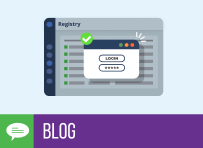Prevent Inadvertent Software Supply Chain Exposures When Allowing Public Access to Private Registries
At JFrog, we’re serious about software supply chain security. As a CVE Numbering Authority, our JFrog Security Research team regularly discovers and discloses new malicious packages and vulnerabilities posing a threat to development organizations. We know that in order to deliver trusted software on demand, you must have a secure software supply chain — making …














